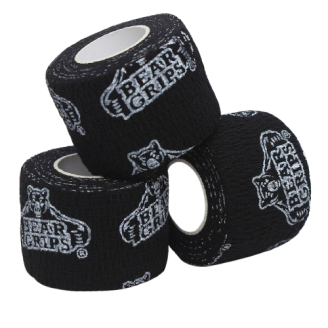
How Much is Too Much in Cross Training Nutrition
Share
From the efforts expended in capturing caloric expenditures, it is clear everyone would want to know how much they eat in terms of CrossFit nutrition. However, there are lots of methods and calculators developed that are meant to help in this, and to some extent, they can become confusing. When you get disparate estimates from different scales, you may wonder which category you fall into. The good thing is that they are all estimates and as such don’t define the real you.
In order to determine the optimal food amount for your health and CrossFit workout performance, you should start weighing and measuring everything you eat.

Caloric Estimates
The total calories you burn on any day is known as total energy expenditure. It includes your thermic effect of feeding which simply means the calories you burn when eating food, what you burn when walking around say from the house to the box and the basal metabolic rate which are the calories you burn when the body is at rest.
Lots of online calculators use one or the other of the various acceptable forms of basal metabolic rate equations. They depend on a conglomerate of variables such as age, height, and mass. Unfortunately, genetic factors which have been shown to result in individual variations are not factored in by these calculators hence the output is only, but an estimate.

Multipliers usually calculate the exercise and non-exercise associated expenditure. For instance, moderately active may be assigned the multiplier 1.5. Alternatively, the calories expended in the various activities in a typical day may be summed up. As a rule of thumb, the thermic effect of feeding is taken to be about 10% of the total calories in CrossFit nutrition.
The Best Estimate
The best approach kind of ignores the above estimates. It proposes that you track your food intake for about 3 days, these days must represent an accurate composition of your typical diet. The goal for the 3 days is to record as honestly as possible what you eat on a regular basis. The consistency of the calorie totals from one day to the next will enable you to get your baseline number. If you find the numbers varying widely, say over 500 calories, it is advisable that you continue tracking for about a week so as to get a representative total for your typical day.

Focus on the Macronutrients
One of the reasons why CrossFit nutrition such as the zone diet is gaining popularity is because of the way it breaks down the calories. It clearly states that 40% of the calorie intake should be from carbohydrates, 30% from fat, and the remaining 30% from protein. This composition contains enough carbohydrates to sustain high-intensity activities, enough protein to support your quest for lean mass, and sufficient fat to help in body activity and recovery.
In view of the foregoing discussion, the bottom line is, your caloric total should be consistent. By consistency, it is meant that it should be within 50 calories of the target goal per day.


